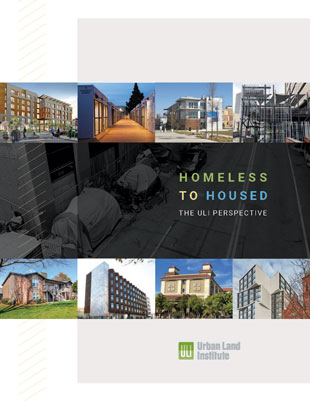Education programs are an important part of enabling Blacks and other minorities to rise professionally in commercial real estate and improve underserved urban communities, panelists said Wednesday during the concurrent session titled “Developing Real Estate Talent within Diverse Populations” at the ULI Fall Meeting.
“If we don’t take care of our communities and have equity in our communities, it will come back to bite us,” said panelist Michael Adetoro, an engineer turned real estate developer whose FIT Investment Group is developing properties in Milwaukee.
Though Adetoro got into real estate on his own, he benefited from Associates in Commercial Real Estate (ACRE), a 17-year-old program run by a partnership of several Milwaukee-area universities. ACRE helped him understand how to do projects at scale, instead of merely buying individual properties, to have a greater impact.
Adetoro said creating jobs on projects in urban communities can help local residents envision becoming property owners themselves.
Program participants also benefit from being able to tap into the program’s network of alumni for assistance, said Andrew Hunt, director of the Center for Commercial Real Estate at Marquette University, one of the ACRE partner institutions. The program provides people of color in Milwaukee “a place where they could come and be around people like them and have access to leaders in the marketplace,” he said. The program’s visibility also makes it easier for participants to get meetings with others in the real estate field about potential opportunities.
Chris Laurent, president of Cinnaire Solutions, a nonprofit development organization, who has participated in the ACRE program as a lecturer and teacher, noted that his group has hired numerous alumni, including two of his former students. “Diversity is key for building credibility in the community,” he said.
Panelist Bob Weir, director of the Department of Real Estate and Housing in Wilmington, Delaware, also spoke at the session, describing how land banks can help minority contractors and developers acquire and turn around problem properties.


